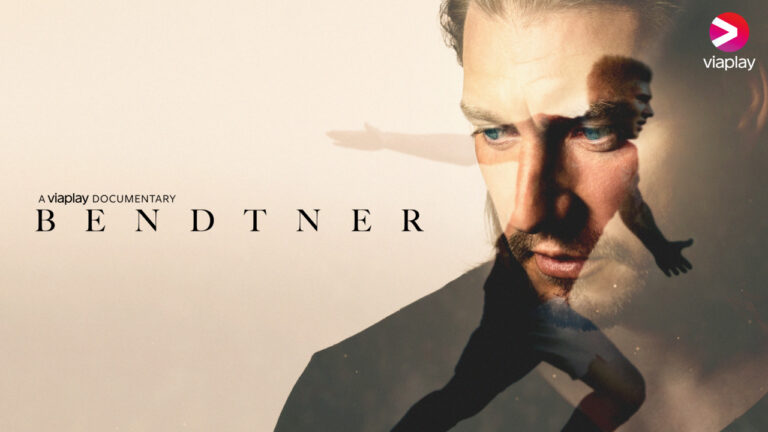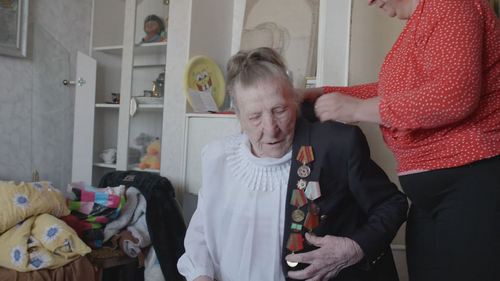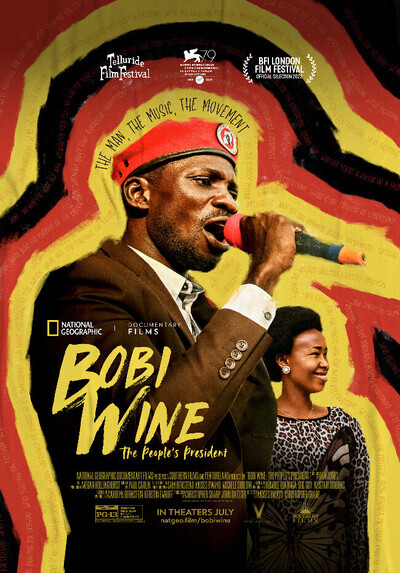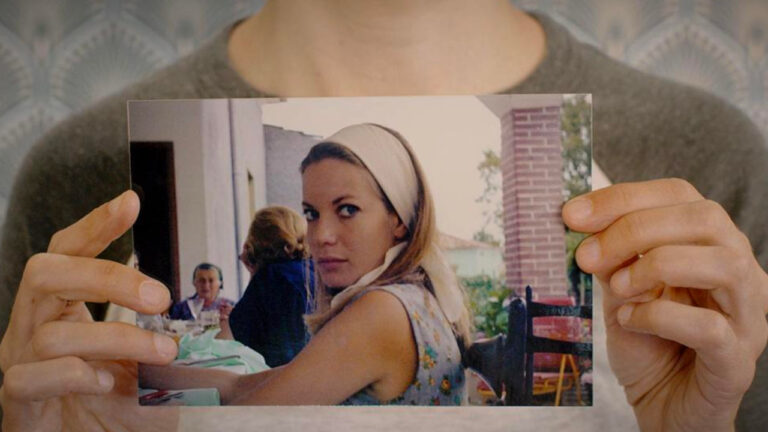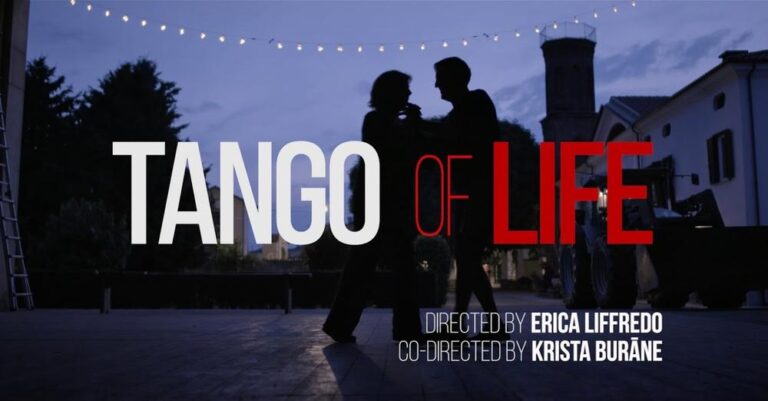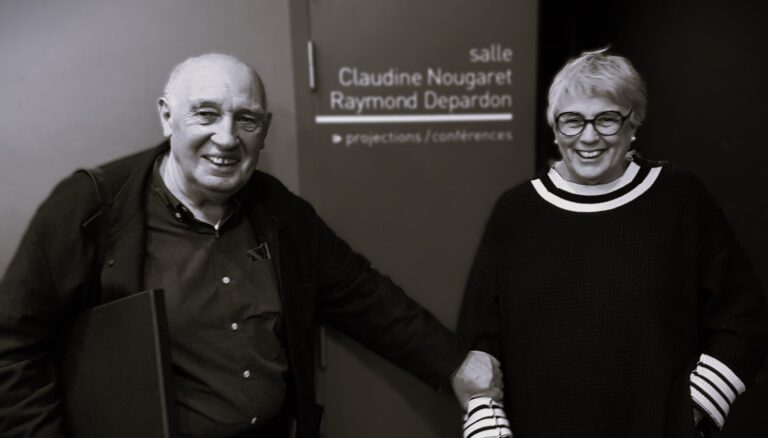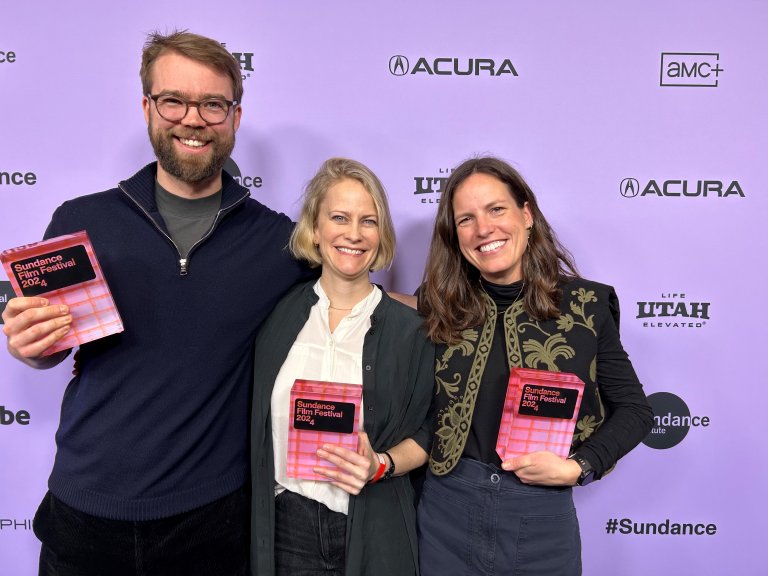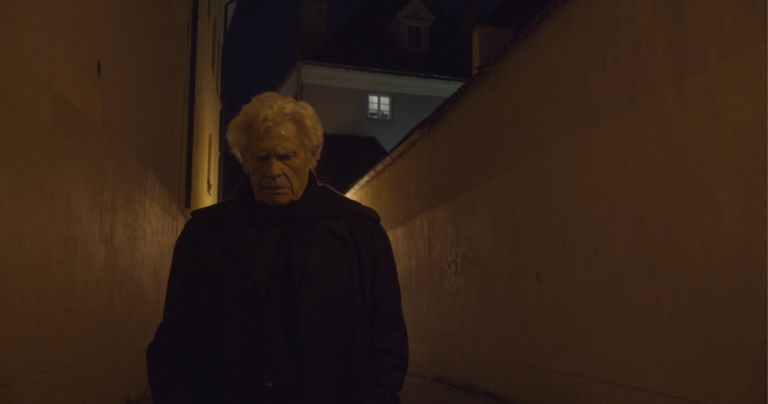


Magnus Gertten: Cornelis Vreeswijk – Nogle går rundt i udtrådte sko
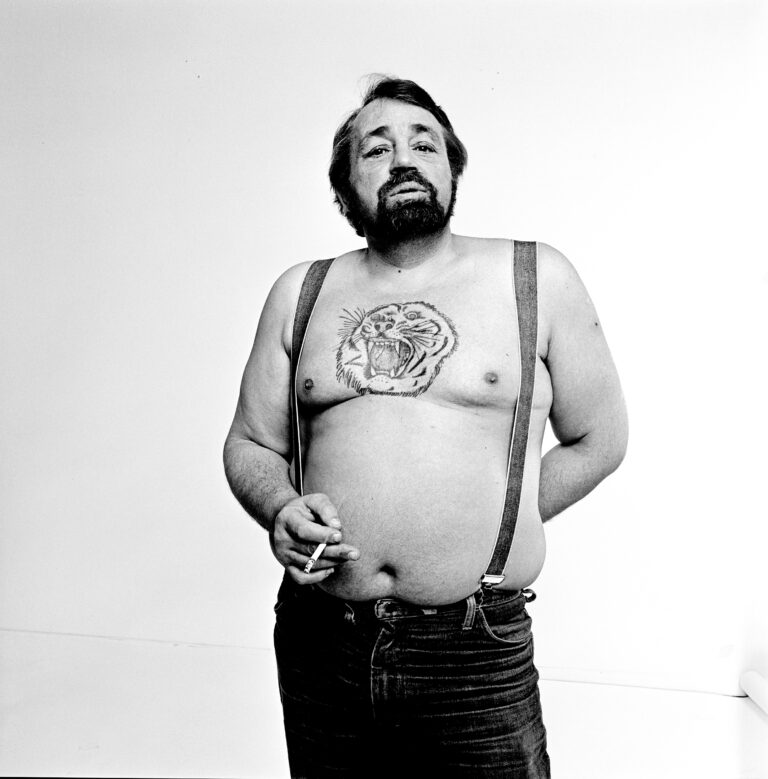
Magnus Gertten om sin film – foto: Hans Gedda
”I Sverige er Cornelis Vreeswijk et nationalklenodie, og selv om det nu er næsten 40 år siden, han døde, spilles hans sange stadig – til bryllupper og begravelser og på tværs af generationer. Alle har deres egne favoritsange, deres egen Cornelis. For mig har det spændende ved Cornelis altid været, at han så konsekvent gav en stemme til de mennesker, der befinder sig længst nede i samfundet – og det er her mit fokus ligger i filmen. Derfor også titlen, ”Nogle går rundt i udtrådte sko”, der også er titlen på en af Cornelis’ mest kendte sange (på svensk: ”Somliga går med trasiga skor”). Den er skrevet i slutningen af 60’erne og udgivet på et af hans bedste album, Tio vackra visor og Personliga Person.
I sangen har Cornelis en opfordring til os: Åbn øjnene og se, hvordan samfundet ser ud. Længst nede er dem, der er kommet på afveje og havnet i skidtet. De fattige, narkomanerne, alkoholikerne og de hjemløse. Dem, vi ikke ser til hverdag, og som vi ikke bryder os synderligt om.
Cornelis brød sig om dem. Gennem hele sit liv skrev han om dem, der befinder sig på samfundets bund. Cornelis så dem og følte samhørighed med dem – og i perioder af sit liv var han også en af dem. Han drak, tog stoffer, kom i fængsel, men det lykkedes ham altid at rejse sig igen og skrive nye, fantastiske sange.
Cornelis var visesangeren og poeten, som gav en stemme til dem, der ikke har én. Allerede fra starten af sin karriere skrev han med et perspektiv ”nedefra”. Og også hans allersidste plade, indspillet i efteråret 1987, mens han var dødssyg, handler om narkomanerne. ”Jeg vil give narkomanerne et ansigt”, siger han i et interview fra sygesengen på hospitalet.
Sverige var et hårdt klassesamfund på Cornelis’ tid, og i dag er det endnu værre. Under overfladen lever alle dem, der er slået ud af kurs, og samtidig taler vi mindre om disse mennesker i dag. Tiden er blevet mere moralsk, der er mere ”det er deres egen skyld” over tidsånden i dag. Med hjælp fra Cornelis stiller filmen spørgsmålet: Hvordan skal vi se på dem, der befinder sig længst nede i samfundshierarkiet? Skal vi bare vende blikket bort? Det er dette perspektiv, der gør, at Cornelis stadig er aktuel i dag. Hans sange taler lige så stærkt til os i dag, som dengang de kom ud.
Men der også en anden ting, jeg har været optaget af. Jeg tror, det er vigtigt, at vi nu og da kigger nærmere på vores ikoner og nationalhelte; undersøger, hvordan de har klaret tidens tand, og gør det med et både kærligt og kritisk blik. De fleste af os er enige om, at Cornelis’ sange er tidløse klassikere. Han er en af Sverige mest betydningsfulde sangskrivere nogensinde, på niveau med Bellman og Taube. En strålende poet, der optrådte med et unikt nærvær. Men samtidig er der ingen tvivl om, at Cornelis var en kompliceret person, som hele sit liv kæmpede med misbrugsproblemer, jalousi og en kaotisk livsstil. Hans syn på verden var præget af, at han var født i 1937. Alt dette har været vigtigt at skildre i filmen. Vi vil også vise de mindre stolte øjeblikke.
Vi har taget os god tid til at lave filmen, til at finkæmme arkiverne for hidtil upublicerede interview og arkivoptagelser, som ingen har set, siden de blev vist på TV tilbage i 1960’erne og 1970’erne. Blandt de vigtigste fund er en samling interviewoptagelser, lavet af journalisten Git Magnusson, som også var ven med Cornelis. Lydoptagelserne er lavet kort før Cornelis’ død i efteråret 1987, mens han er indlagt på Sophiahemmet i Stockholm og senere på Södersjukhuset. Magnusson gik med tanker om at skrive en biografi om Cornelis, og i deres samtaler kigger de tilbage på hans liv og karriere.
Vi har også brugt optagelserne fra en række researchinterview, som journalisten Oscar Hedlund lavede i forbindelse med sin bog om Cornelis. I de her private optagelser findes en intimitet og ærlighed, som sjældent opstår i mere officielle interview – en tone, som vi har efterstræbt gennem hele filmen. Ligesom vi også er lykkelige for mange af de filmede koncertøjeblikke, som vi har fundet i arkiverne hos de nordiske tv-stationer, for her får vi en fornemmelse af Cornelis, da han var på toppen af sin karriere.”
